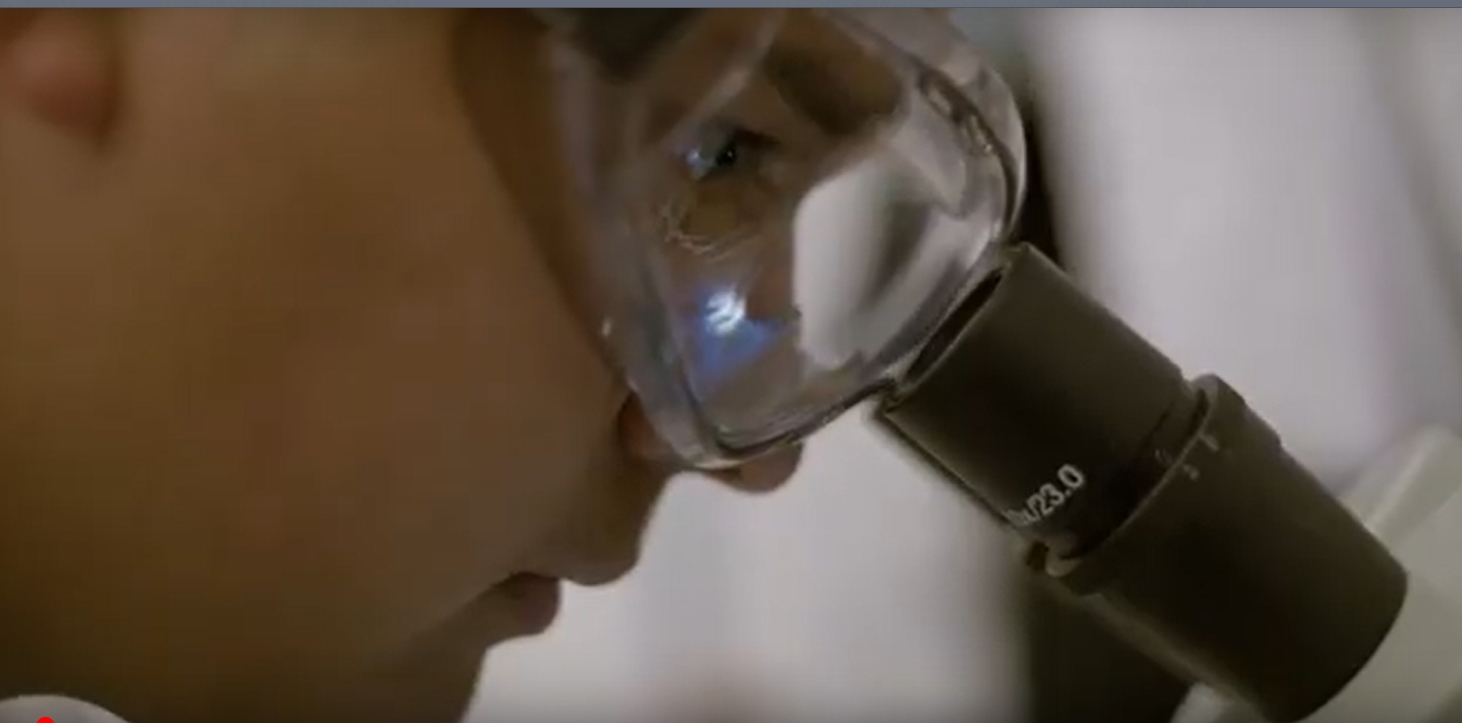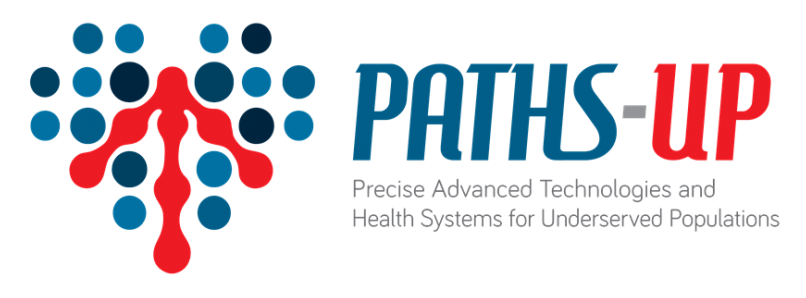Young Scholars Solve Real-world Problems
Outcome/Accomplishment
The U.S. National Science Foundation (NSF)-funded Precise Advanced Technologies and Health Systems for Underserved Populations (NSF PATHS-UP) Engineering Research Center (ERC), is headquartered at Texas A&M University (TAMU), with partners from the University of California at Los Angeles, Rice University, and Florida International University (FIU). In collaboration between Rice University and TAMU, Young Scholars Invent is a 1.5-day program designed to engage students in a multi-disciplined, multi-level, intense design experience focused on solving real-world needs identified by the NSF PATHS-UP labs. In summer 2022, graduate student mentors and staff from Rice University actively participated by joining the TAMU team in the Rio Grande Valley. This collaborative effort prepared Rice to pilot the program independently in summer 2023.
Impact/Benefits
Each of the NSF PATHS-UP institutions conducts intensive learning experiences for high school students to address the shared goals of stimulating interest in and preparation for STEM careers, especially engineering. During their time in the lab, the Young Scholars join the vertically integrated research teams and have the opportunity to receive mentorship and career advice from undergraduate and graduate students, as well as post-docs and faculty
Explanation/Background
Due to the locations of the testbeds in relation to the ERC campuses, the design of the Young Scholars programs is tailored to best meet the needs of the institutions and their students. The program is a 6-week, hands-on research experience in an NSF PATHS-UP labs at one of the four institutions, which includes training to allow participating students to become effective health advocates for their underserved communities. The Young Scholars program at TAMU is residential and includes a Student Symposium featuring 10-minute talks by participating students. At FIU and TAMU, the young scholars and their teachers are placed in the same labs, which enhances communications and extends learning after participants return to their home schools.
Location
College Station, Texaswebsite
Start Year
Biotechnology and Healthcare
Biotechnology and Healthcare
Lead Institution
Core Partners
Fact Sheet
Outcome/Accomplishment
The U.S. National Science Foundation (NSF)-funded Precise Advanced Technologies and Health Systems for Underserved Populations (NSF PATHS-UP) Engineering Research Center (ERC), is headquartered at Texas A&M University (TAMU), with partners from the University of California at Los Angeles, Rice University, and Florida International University (FIU). In collaboration between Rice University and TAMU, Young Scholars Invent is a 1.5-day program designed to engage students in a multi-disciplined, multi-level, intense design experience focused on solving real-world needs identified by the NSF PATHS-UP labs. In summer 2022, graduate student mentors and staff from Rice University actively participated by joining the TAMU team in the Rio Grande Valley. This collaborative effort prepared Rice to pilot the program independently in summer 2023.
Location
College Station, Texaswebsite
Start Year
Biotechnology and Healthcare
Biotechnology and Healthcare
Lead Institution
Core Partners
Fact Sheet
Impact/benefits
Each of the NSF PATHS-UP institutions conducts intensive learning experiences for high school students to address the shared goals of stimulating interest in and preparation for STEM careers, especially engineering. During their time in the lab, the Young Scholars join the vertically integrated research teams and have the opportunity to receive mentorship and career advice from undergraduate and graduate students, as well as post-docs and faculty
Explanation/Background
Due to the locations of the testbeds in relation to the ERC campuses, the design of the Young Scholars programs is tailored to best meet the needs of the institutions and their students. The program is a 6-week, hands-on research experience in an NSF PATHS-UP labs at one of the four institutions, which includes training to allow participating students to become effective health advocates for their underserved communities. The Young Scholars program at TAMU is residential and includes a Student Symposium featuring 10-minute talks by participating students. At FIU and TAMU, the young scholars and their teachers are placed in the same labs, which enhances communications and extends learning after participants return to their home schools.

